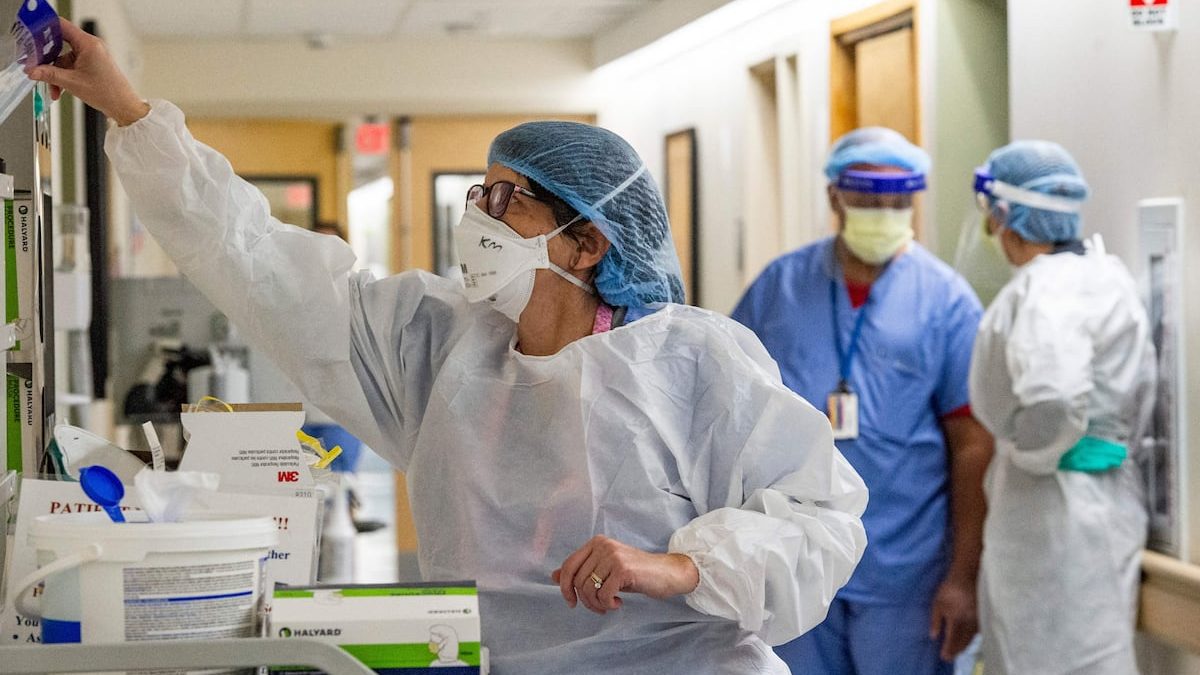More than 17,000 disabled veterans living outside the United States could get all of their medical costs covered under a proposal unveiled in Congress this week.
The plan has little chance of being passed into law this year, but could be the basis for major reforms in overseas veterans health care next session. It would mean hundreds to thousands of dollars in financial relief to struggling veterans, all of whom have received a 100% disability rating from the Department of Veterans Affairs.
“This just makes sense,” said Jesse Cole Rivera, commander of American Legion Post 12 in Banderas Bay, Mexico. “Disabled veterans who rely on the VA Foreign Medical Program while they are living or traveling abroad deserve to get coverage that is at least comparable to that of their dependent who rely on the CHAMPVA program.”
The legislation, titled the Veterans Foreign Medical and Coverage Equality Act, is sponsored by Rep. Nick LaLota, R-N.Y., who was recently named to the powerful House Appropriations Committee.
RELATED
Officials from his office said he plans to prioritize the issue in the 119th Congress, which begins in January.
“Our nation’s veterans have made tremendous sacrifices to defend our country, and it’s our duty to ensure they receive the healthcare benefits they’ve earned, no matter where they live,” he said in a statement. “[This bill] eliminates unfair disparities by ensuring that veterans rated 100% permanent and total disabled receive the same quality [health care] coverage abroad as they would at home.”
Rivera has worked on the issue since running into medical access problems while living in Mexico during the COVID-19 pandemic.
At issue are rules governing VA’s Foreign Medical Program, which has more than 71,000 participants around the globe. About a quarter of that group — 17,000 veterans — are rated permanently disabled. The program reimburses veterans for medical care outside of the United States related to service-connected injuries.
In fiscal 2023, those costs totaled about $94 million, averaging roughly $3,000 per participant.
But officials from the League of United Latin American Citizens, in a letter supporting the legislation, noted that other veterans programs like the Civilian Health and Medical Program of the Department of Veterans Affairs (CHAMPVA) cover all health care costs for dependents of permanently disabled veterans.
That means that while some spouses and children living with disabled vets in foreign countries can have all their medical costs paid for by VA, the veterans overseas don’t enjoy the same coverage.
LaLota’s bill would amend that, and pay for the extra health care coverage costs by mandating electronic updates to the payment processing portion of the Foreign Medical Program.
Currently, reimbursement checks are mailed to veterans, a costly and time-consuming process. If checks are lost or stolen, the department must adjudicate the entire claim, adding additional expense. But by digitizing the process, supporters estimate up to $20 million in program costs can be saved.
Chances of the bill becoming law next year are unclear. Veterans health care is expected to be a major point of emphasis of President-elect Donald Trump’s incoming administration. The measure has support from a bipartisan coalition of advocacy groups.
Rivera said he is confident overseas groups can keep focus on the topic in coming months.
“It is high past time for Congress to correct this inequity and give our nation’s most disabled veterans the coverage equality that they have earned and deserve,” he said.
Leo covers Congress, Veterans Affairs and the White House for Military Times. He has covered Washington, D.C. since 2004, focusing on military personnel and veterans policies. His work has earned numerous honors, including a 2009 Polk award, a 2010 National Headliner Award, the IAVA Leadership in Journalism award and the VFW News Media award.
Read the full article here


